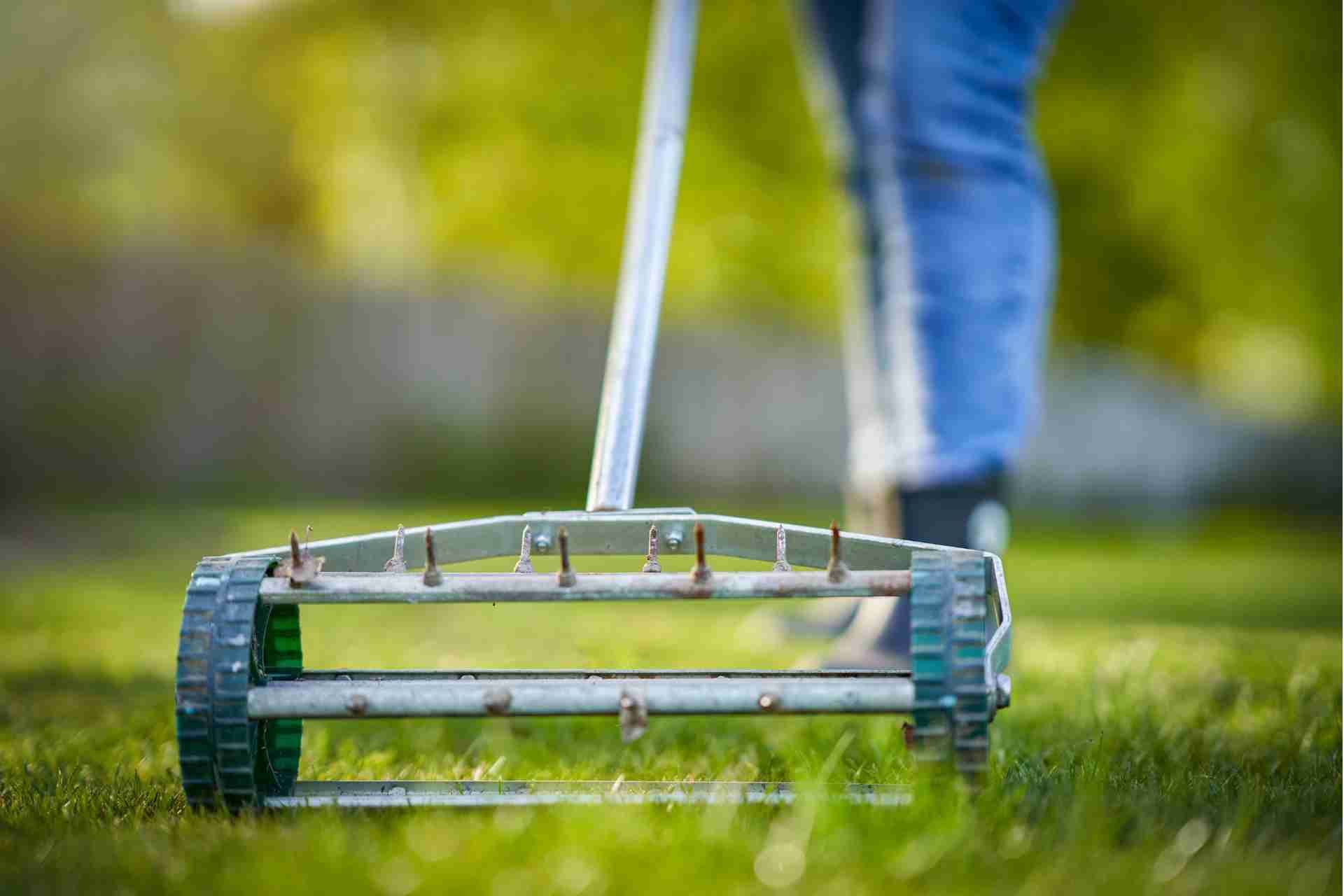Eco-Friendly Landscaping Practices for a Greener Yard
When you think about landscaping, have you considered the impact your choices have on the environment? By selecting native plants and implementing water conservation techniques, you can create a vibrant, eco-friendly yard. Composting can also play a vital role in improving soil health. But there's more to explore, including practical steps to reduce lawn size and embrace organic pest control. Let's uncover how these practices can transform your outdoor space into a sustainable haven.
Selecting Native Plants for Biodiversity
When you choose native plants for your landscape, you're not just enhancing your garden's beauty; you’re also boosting local biodiversity.
Native plants are adapted to your region's climate and soil, which means they thrive with less maintenance. They attract pollinators like bees and butterflies, creating vital habitats that support the ecosystem.
Plus, you’ll find that local wildlife, such as birds and beneficial insects, rely on these plants for food and shelter. By selecting species that belong to your area, you're reducing the need for chemical fertilizers and pesticides.
This approach not only conserves resources but also nurtures a balanced environment. So, dive into your local flora and pick native varieties that will flourish and contribute to a healthier landscape.
Implementing Water Conservation Techniques
As you explore ways to create an eco-friendly landscape, implementing water conservation techniques can significantly reduce your garden's environmental impact.
Start by installing a rain barrel to collect runoff from your roof. You can use this water for irrigation, minimizing reliance on municipal supplies.
Next, consider drip irrigation systems; they deliver water directly to the roots, reducing evaporation and waste.
Group plants with similar water needs together to optimize your watering schedule.
Mulching around plants helps retain soil moisture and reduces weed growth.
Lastly, water your garden early in the morning or late in the evening to minimize evaporation.
Composting and Soil Health Improvement
Water conservation techniques not only help your garden thrive but also prepare the ground for healthier soil. One of the best ways to achieve this is through composting. By recycling kitchen scraps and yard waste, you create nutrient-rich compost that enhances soil structure and fertility.
This organic matter improves moisture retention, allowing your plants to access water more efficiently.
To start composting, gather materials like fruit and vegetable peels, grass clippings, and dried leaves. Avoid meat and dairy products.
Turn your compost regularly to aerate it, speeding up the decomposition process. Once it’s ready, mix it into your garden beds or use it as mulch.
You'll notice stronger plants and a more vibrant garden, all while reducing waste and promoting sustainability.
Reducing Lawn Size and Maintaining Natural Landscapes
While many homeowners take pride in expansive green lawns, reducing lawn size can significantly benefit both the environment and your overall landscape.
By opting for smaller grass areas, you’ll save water, reduce lawn maintenance, and minimize chemical use. Consider transforming sections of your yard into natural landscapes filled with native plants, wildflowers, or ornamental grasses. These choices support local wildlife and require less upkeep.
Additionally, you can create inviting pathways or gathering spaces using mulch, stones, or pavers, which not only enhance aesthetics but also improve drainage. Embrace a diverse range of plants instead of a single grass type, fostering a healthier ecosystem.
Using Organic Pest Control Methods
Transforming your landscape into a more natural space not only enhances its beauty but also sets the stage for healthier gardening practices, like organic pest control.
Instead of harsh chemicals, consider using natural solutions to manage pests. You can introduce beneficial insects, such as ladybugs and lacewings, which prey on harmful pests. Planting companion plants, like marigolds or garlic, can deter unwanted insects naturally.
Additionally, using neem oil or insecticidal soap can effectively control pests without harming your plants or the environment. Regularly monitoring your plants and maintaining healthy soil will also boost their resilience against pests.
Embracing these organic methods not only protects your yard but contributes to a sustainable ecosystem, ensuring your garden thrives for years to come.
Conclusion
By adopting eco-friendly landscaping practices, you’re not just enhancing your yard; you’re also supporting local ecosystems. Choosing native plants boosts biodiversity, while water conservation techniques ensure efficient use of resources. Composting enriches your soil, and reducing your lawn size creates a more natural habitat for wildlife. Plus, using organic pest control protects your garden without harmful chemicals. Embrace these practices, and you’ll cultivate a greener, healthier environment for yourself and future generations.









